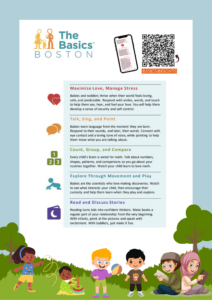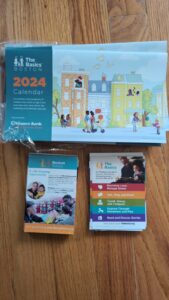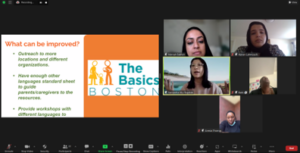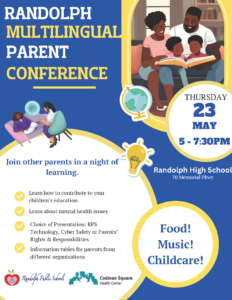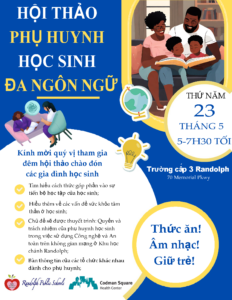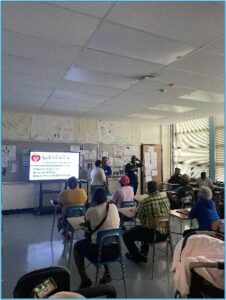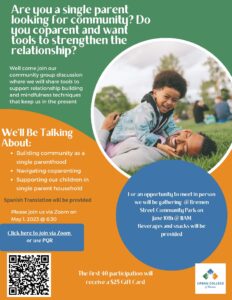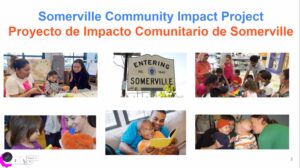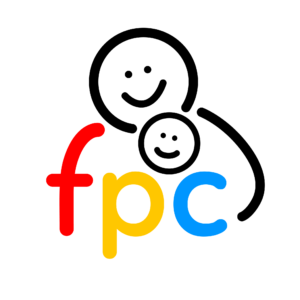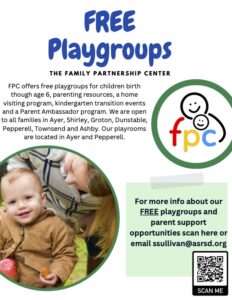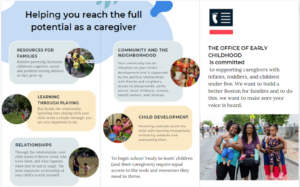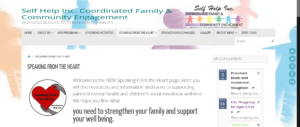Discipline, communication, and self-esteem are the building blocks of effective parenting. Discipline means to teach, not to punish!
Love & Limits
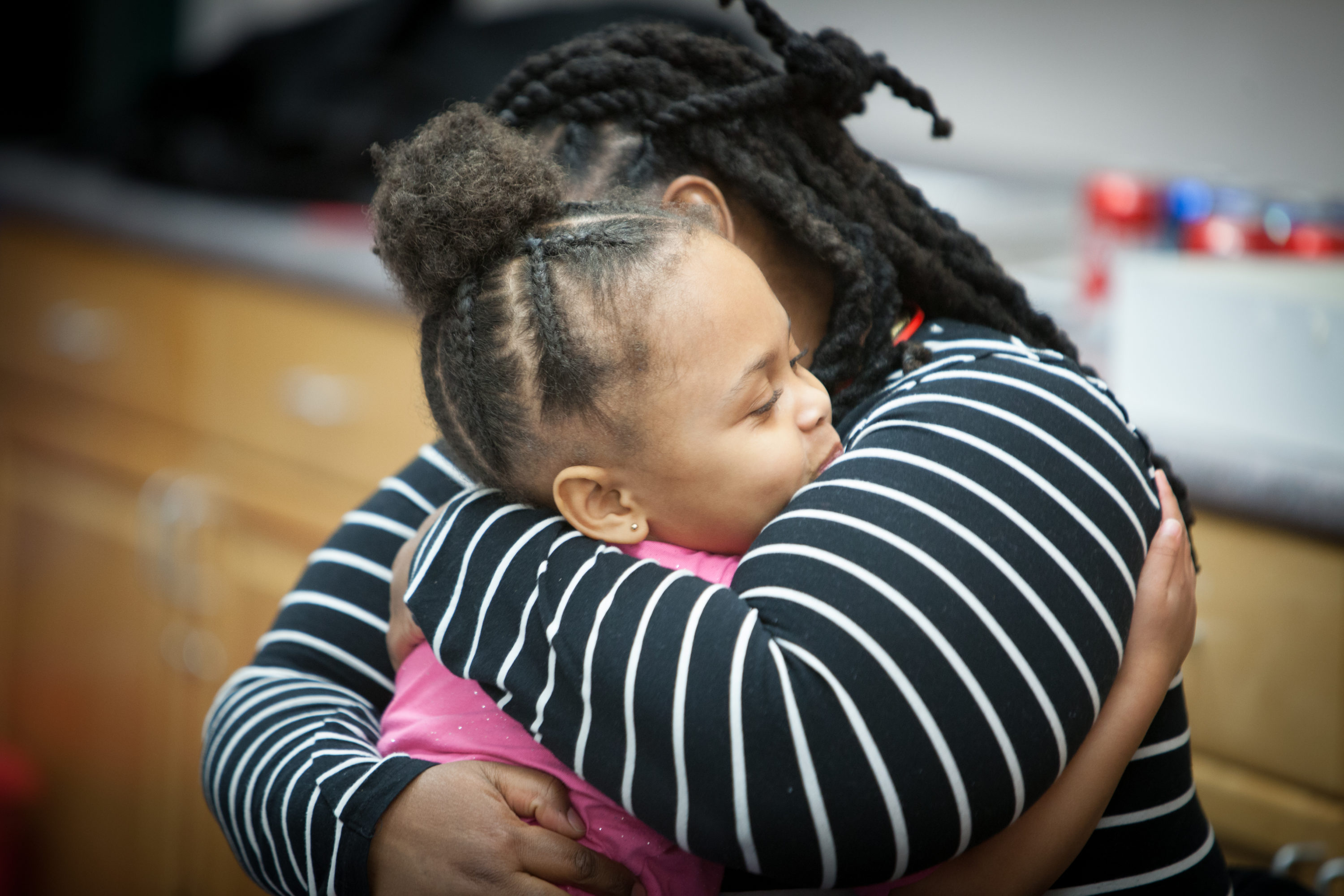
What you can do:
-
Be Curious, not Furious: Young children communicate through their behavior. Your job is to ask questions. Why kids do what they do? Click here for some examples.
-
Let Natural Consequences Happen: There are automatic and unpleasant outcomes that happen as a direct result of children’s choices. For example, if a child refuses a raincoat or an umbrella when raining, they will get wet.
-
Set Limits and Consequences: Determine your rule and follow through if the rule is broken. Keep 4 key “C” Words in mind: Clear, Concise, Consistent, Calm. Click here for 10 Strategies That DON’T Change Young Children’s Behavior.
-
Self-Calming Thoughts: Self-calming thoughts are things you think about or say to yourself (or teach your children to say to themselves) to help calm down. Click here to help you.
A Word about Spanking – It is reported that spanking produces children who:
-
Have lower self-esteem
-
Are more likely to seek out abusive relationships
-
Are more likely to consider hitting as a solution
-
Are less likely to use problem-solving
-
Tend to have unhappier relationships
-
Tend to earn less money
So, even if a child stops behaving in the short run due to the threat of physical punishment, in the long run the negative consequences aren’t worth it.
Click here for more information on Positive Parenting.

